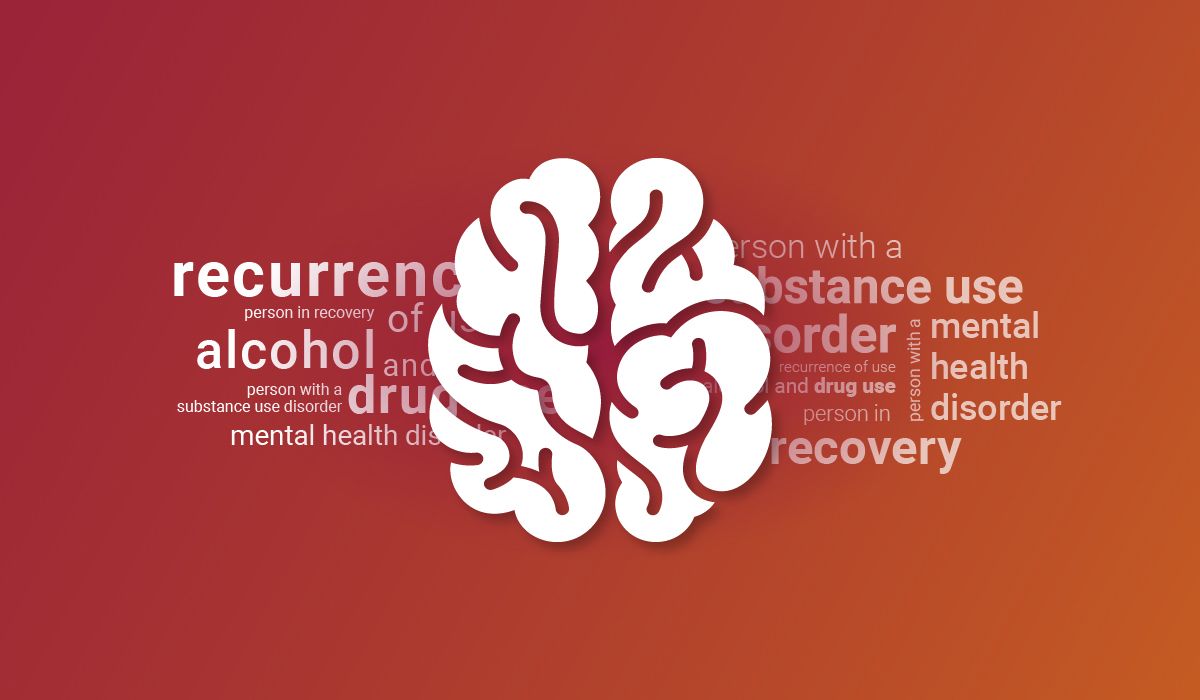Sometimes, society has trouble catching up with what science teaches us. For example, addiction science. Decades of research have proven that addiction is a medical disorder that affects the brain, not a moral failing. But centuries’ worth of stigma remains. Only 13% of people struggling with opioid use disorder will seek treatment.
Part of the problem is that the stigma is encoded within the language we use to describe addiction and its effects, with words like “junkie” and “addict” blaming sufferers for their illness and labeling them for life. Addiction goes from being a problem to overcome to a severe character flaw.
In addition to providing medication treatment for a substance use disorder, pharmacists can help patients by changing how they talk about substance use disorder. We put together this chart that lists harmful words and phrases from the past and offers more accurate ones.
We hope the information will be useful in your daily interactions with those suffering from addiction. Please pass this on to colleagues and loved ones. Because words matter, labels stick, and language shapes our thinking. All those who seek help should receive it.
| We Used to Say | Now We Say | How Come? |
| Abuser, Addict, Alcoholic | Person suffering from substance use disorder, Person who misuses Opiods/alcohol/drugs | These terms attach a label to sufferers, making their illness their identity. |
| Habit, Abuse | Substance use disorder, Use, Misuse | “Habit” implies a choice. “Abuse” has a negative history. |
| Clean/Dirty | Negative/positive on a drug test | Use medically accurate terminology when referring to toxicology. “Clean” and “Dirty” connote “good” or “bad.” |
| Relapse, Former Addict | Recurrence or recurrence of use, person in recovery | “Recurrence” has a more recovery-based, positive connotation. |
*This post was updated August 2022.
